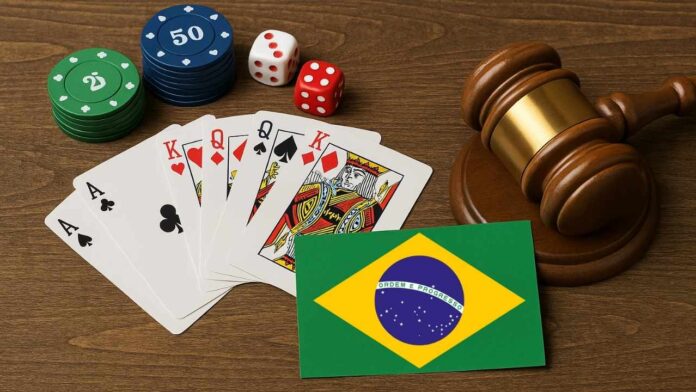
Brazil moved forward with new betting laws after years of operating in a legal gray area. What once lacked formal oversight now has a framework shaped by national laws and ministerial regulation. Operators must follow strict rules. Users now have access to licensed platforms backed by federal enforcement.
Many rules still cause confusion. Players ask what is legal, what sites they can use, and what protections they have. For a better experience with secure sites and trusted payment systems, visit www.minimumdepositcasinos.org.
Keep reading to learn the most essential facts every player should know.
1. Fixed-Odds Betting Became Legal Under Federal Law
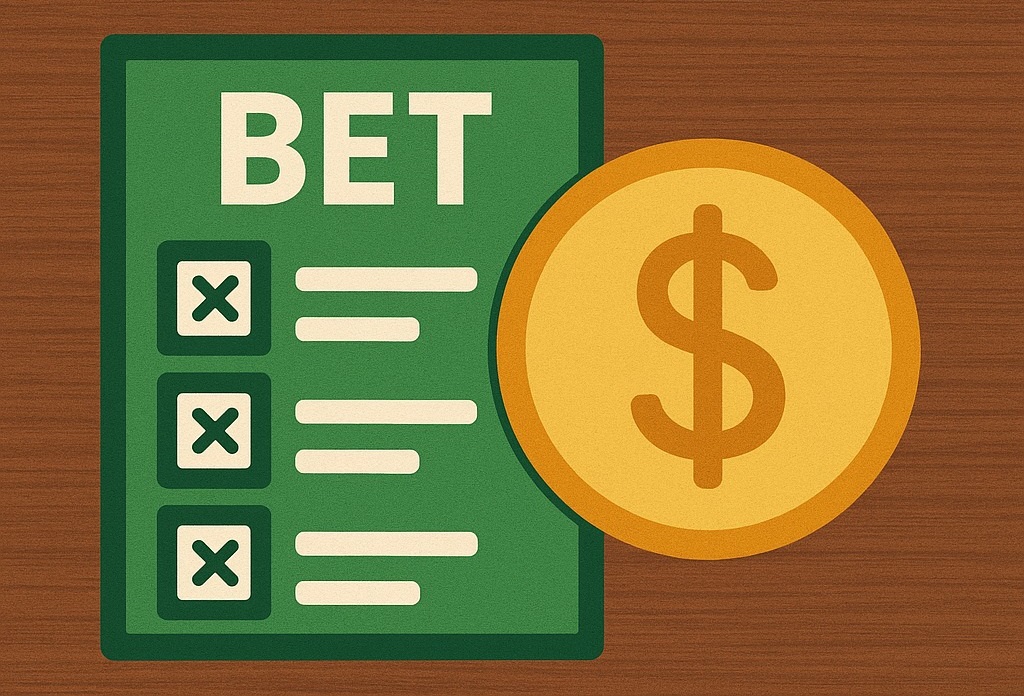
Brazil took a major step in 2018 with Law No. 13.756, which officially recognized fixed-odds betting. This form of betting allows players to know exactly how much they can win before placing a wager. That brought sports betting into a legal category, unlike the broader forms of gambling that still face restriction.
- Only fixed-odds bets on sports events are included under this law. Casino games and poker remain outside its scope unless addressed by future laws.
Operators still waited for years before full implementation began. Initial legalization set the stage, but the real shift came later, when full rules and oversight followed in a separate legislative package.
2. Law No. 14.790 Gave Brazil a Complete Regulatory Framework
In December 2023, Brazil passed Law No. 14.790, which created a structured environment for legal betting. It expanded the original law, setting specific boundaries on who could operate, how they must register, and what systems must be used.
Additional Insight:
Companies must follow rules that cover:
- User data protection
- Anti-money laundering procedures
- Platform stability and game fairness
Each operator now answers to the Ministry of Finance. Without full authorization and technical approval, no company can legally accept bets inside the country.
3. Operators Pay BRL 30 Million for a Five-Year License
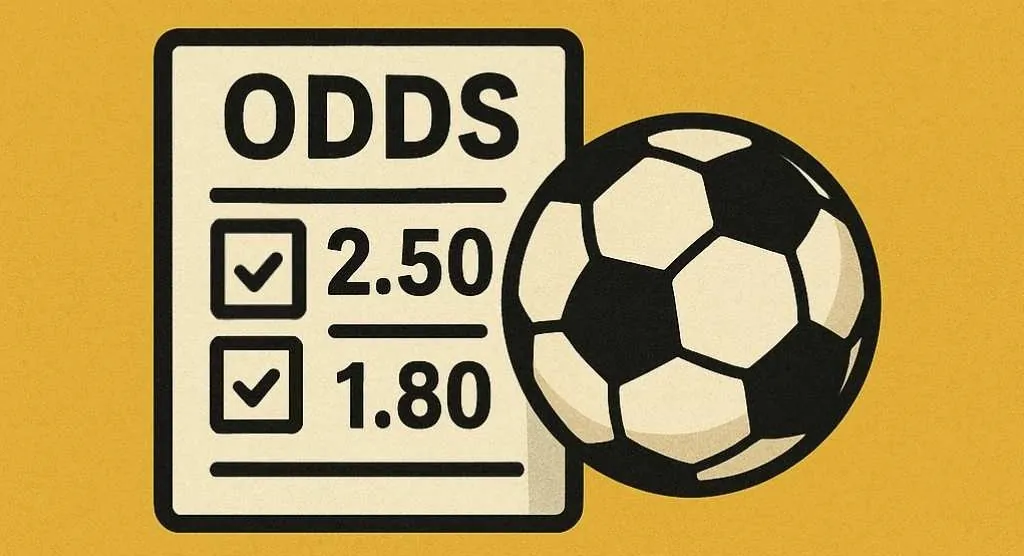
To operate legally in Brazil, companies must pay BRL 30 million for a license that lasts five years. That license grants the right to use up to three brand names. The requirement ensures only financially stable and serious operators enter the market.
What Sets This Apart:
- One license = three brands
- Payment must be made upfront
- Non-compliance leads to suspension or fines
Brazil ties legal access directly to national incorporation. No foreign company can join without creating a Brazilian entity with headquarters and technical operations based in the country.
4. Only Brazilian-Based Companies Qualify for a License
The law requires that every betting operator be a legal entity incorporated under Brazilian law. Headquarters, servers, data centers, and command operations must all remain inside Brazil. No license will be issued to a foreign entity without local presence.
- Foreign firms must create a Brazilian subsidiary to apply.
That rule ensures direct jurisdiction and control. Brazil wants to avoid offshore operators skirting tax laws or ignoring consumer protection. Local accountability is a condition for long-term trust in the system.
5. Strict Limits Apply to Payment Methods
Operators are barred from accepting credit cards, personal loans, or cryptocurrency for betting. Brazil demands clean, traceable payment methods. Only approved platforms such as Pix or official bank transfers are permitted.
- The goal is to prevent debt-based gambling
- Transactions must be direct, instant, and monitored
The law responds to public health concerns. Easy access to borrowed money fuels risky behavior. Brazil acts early by cutting off payment systems that could lead to addiction or financial collapse.
6. All Licensed Platforms Must Use a .bet.br Domain
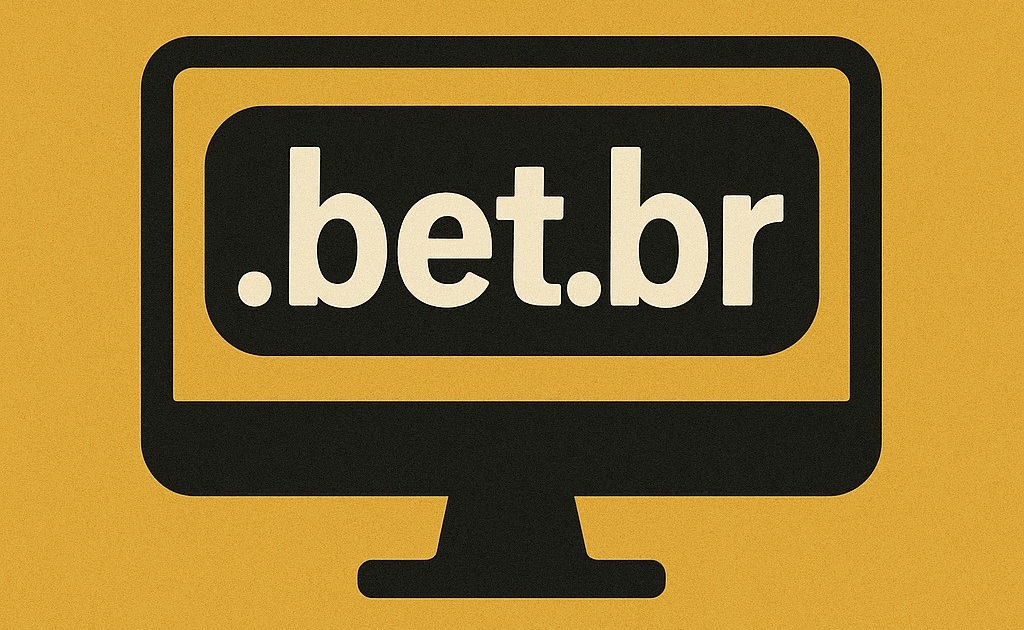
A unique rule now requires every approved operator to operate under the .bet.br domain. That domain functions as a visual marker for legality. It helps players distinguish between regulated platforms and unauthorized foreign sites.
- Only approved operators can register and use a .bet.br site.
Brazil has linked this domain rule with consumer education. Players are told to look for .bet.br before placing wagers. That small detail now carries legal weight, and any domain without it signals a likely violation.
7. Illegal Operators Face Suspension and Fines
Brazil’s Ministry of Finance, along with the Secretariat of Prizes and Betting, has started issuing penalties to unauthorized betting firms. Companies found operating without approval can face fines reaching BRL 2 billion and complete suspension of activity.
Enforcement Includes:
- Financial monitoring of payment gateways
- Coordination with internet service providers for site blocking
- Legal action against marketing agencies tied to illegal platforms
Banks and payment processors have also received warnings. Any financial institution supporting illegal platforms will face direct regulatory consequences.
8. Advertising Faces New Restrictions
Lawmakers in Brazil have introduced legislative proposals to restrict advertising linked to online sports betting. The government seeks to protect vulnerable groups, reduce addiction risk, and limit betting influence on young audiences.
Ad Regulations May Include:
- Bans during youth and family programming
- Removal of gambling ads in stadiums and jerseys
- Prohibition of influencers promoting betting to minors
The focus is on visibility. If platforms target underage users or promote reckless play, they will face advertising bans and financial sanctions.
9. Lula’s Warning About a Possible Nationwide Ban

President Luiz Inácio Lula da Silva issued a clear message in 2024. If gambling addiction escalates, the government will move to shut down online betting entirely. Lula linked regulatory failure directly to public health outcomes.
“If we cannot control addiction, we will ban online sports betting in Brazil.”
That public statement raised pressure on operators to comply fully with health safeguards. Platforms must monitor user behavior, report patterns of excessive play, and offer self-exclusion tools—or risk triggering Lula’s warning.
10. One License Covers Three Betting Brands
Brazil allows each authorized operator to run up to three separate betting brands under a single license. That setup provides room for portfolio expansion but ties all brands to a single legal entity and its compliance obligations.
Important Details:
- Each brand must use a distinct domain
- All brands must follow identical legal, technical, and financial rules
- Violations by one brand affect the entire license
Operators cannot bypass restrictions by creating multiple brand names. The law holds the parent entity responsible for every associated platform.
11. Monthly Transaction Volume Exceeds BRL 18 Billion
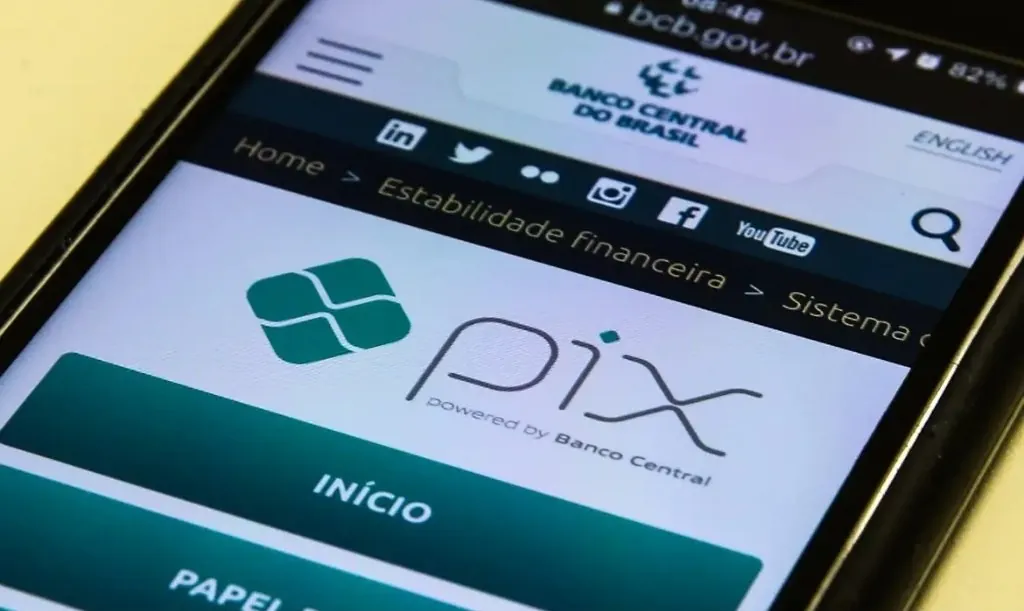
Brazil’s licensed betting market already handles between BRL 18 and 21 billion per month in legal transactions, driven largely by platforms integrated with Pix, the instant payment system. That figure confirms rapid adoption of licensed operators among Brazilian users.
Why It Matters:
- Reflects massive economic impact of legal betting
- Confirms that users prefer fast, secure transactions
- Pushes government to maintain strict regulation due to market size
Pix has become the standard, replacing credit-based and foreign alternatives. Volume will likely grow as more platforms go live.
FAQs
What age is required to legally place bets in Brazil?
Only individuals 18 or older can legally place bets. Platforms must verify user identity and block underage access.
Are casino games like roulette or slots legal?
No, they are not included in current regulations. Only fixed-odds sports betting and certified online games are permitted.
Can players be fined for using illegal betting sites?
Players do not face fines, but lose all legal protection. Winnings may be denied and personal data left unsecured.
What role do financial institutions play?
Banks must block payments to unauthorized platforms. They also report suspicious activity to regulators.
Are bonuses and promotions allowed?
Yes, but only under strict conditions. All promotions must follow fairness rules and clear disclosure standards.
The Bottom Line
Brazil now stands among nations with a formal legal path for betting, but that path includes strict rules, tight enforcement, and a high barrier for entry. Operators must prove financial strength, legal compliance, and full transparency. Players must stay alert to what is legal, what protections exist, and which platforms hold official approval.
The laws are active, evolving, and aimed at long-term regulation, not short-term profit. Anyone seeking safe bets or legitimate platforms should stick to authorized sites, understand the terms, and follow the legal structure already in place.
















